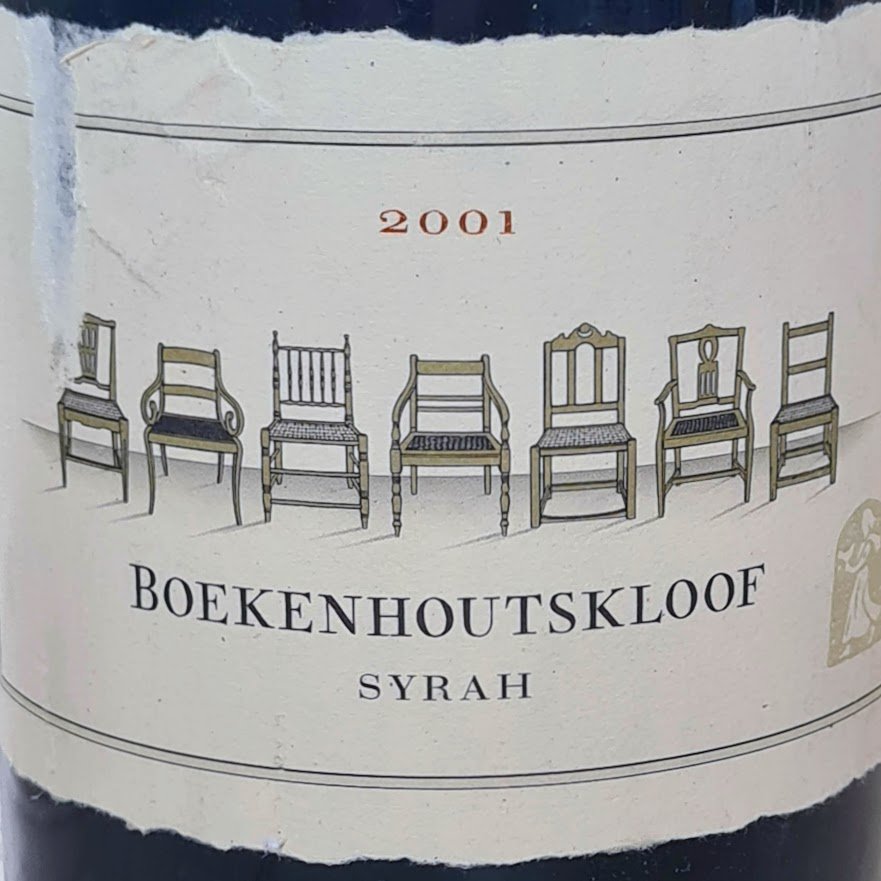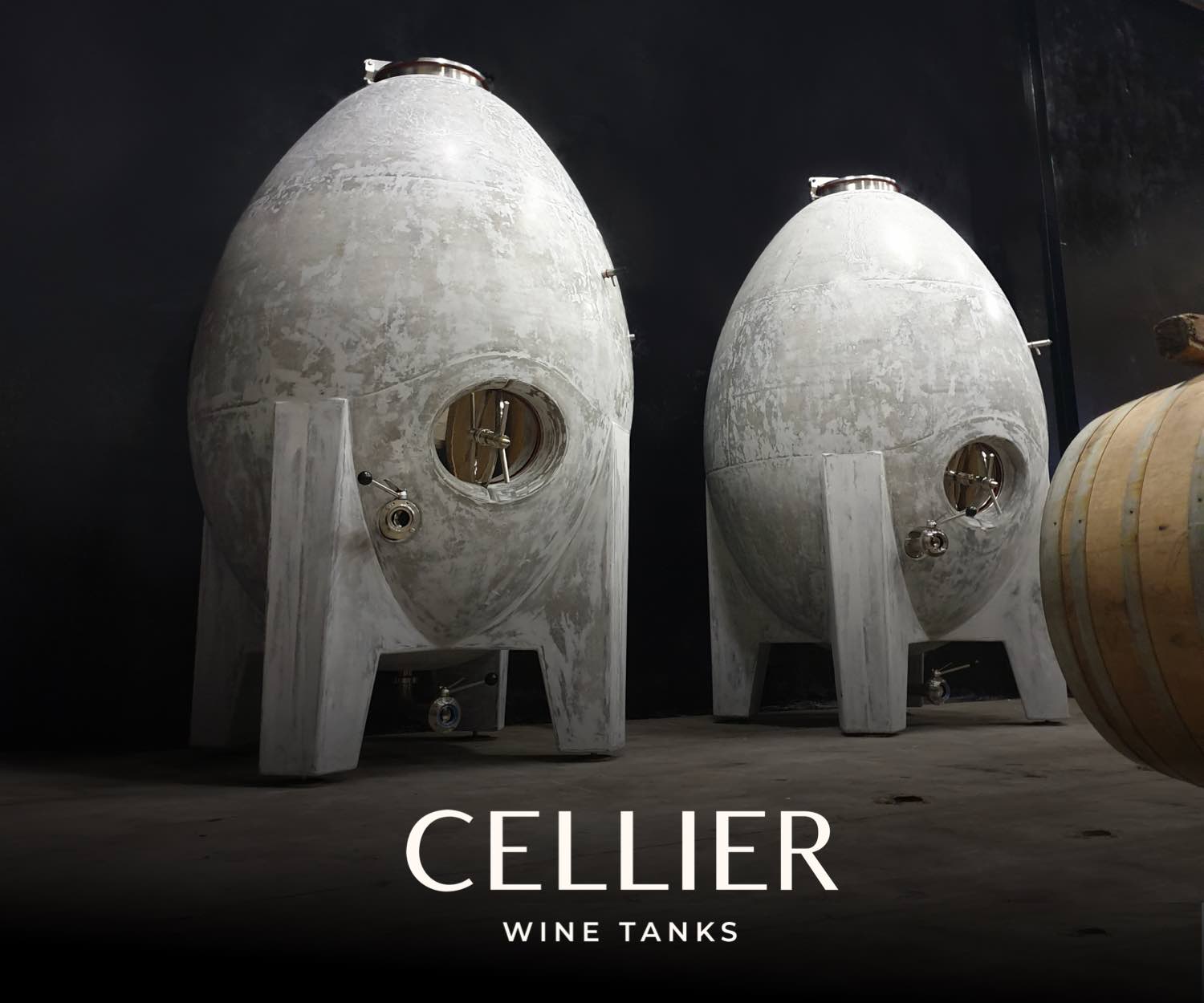Boekenhoutskloof Syrah 2001
By Christian Eedes, 18 January 2023

1
 Designated as W.O. Coastal Region, grapes for the Syrah 2001 from Boekenhoutskloof were more specifically sourced from a Wellington vineyard. Matured in older oak for 27 months, it has an alcohol of 15% and rated 4 Stars in the August 2004 issue of Wine magazine (the panel consisting of Michael Fridjhon as chair, wine writer Angela Lloyd, the late Allan Mullins CWM, then MW-in-training Cathy van Zyl and Gyles Webb of Thelema).
Designated as W.O. Coastal Region, grapes for the Syrah 2001 from Boekenhoutskloof were more specifically sourced from a Wellington vineyard. Matured in older oak for 27 months, it has an alcohol of 15% and rated 4 Stars in the August 2004 issue of Wine magazine (the panel consisting of Michael Fridjhon as chair, wine writer Angela Lloyd, the late Allan Mullins CWM, then MW-in-training Cathy van Zyl and Gyles Webb of Thelema).
The tasting note back then read as follows: “Very expressive bouquet: black fruit, pepper, meatiness, lilies, even peach. Well-defined palate, with ripe-but-not-jammy fruit, and soft, supple tannins. Long, savoury finish. Very Rhône-like. Drink now or keep for up to 7 years”.
Now 22 years on from vintage, the wine is still drinking well although that high alcohol is vexing. The nose shows red berries, stewed plums, black olive, meat stock, white pepper and other spice while the palate leaves one slightly ambivalent – it’s hearty and full of flavour but could also be said to lack mid-palate and drive, the finish hot.
Of note, this wine was previously reviewed on this site in March 2012, when it received a rating of 18/20, roughly equivalent to 93 – 95 on the 100-point scale (see here).
CE’s rating: 91/100.
Check out our South African wine ratings database.







Greg Sherwood | 18 January 2023
I recently drank well cellared bottles of Boekenhoutskloof Cabernet 2000 and Syrah 2004. Both where excellent though the Cabernet was probably the highlight. Alcohol is always a “vexing” issue in wines, young or old, and I am a firm believer that slightly earlier picked expressions tend to age far better on the whole, the notable exception being Sine Qua Non Grenache and Syrahs which will punch easily in the 15.5% Abv-plus region… yet age gracefully for many, many decades. Manfred Krankl obviously has this down to a fine art… and the prices reflect this in the open market. But I prefer Eben Sadie’s stated intention never to release a wine above 14.5% if at all possible, and certainly not for any of his signature wines. Alcohol levels is an old topic, which like the scoring of wines, will remain an endlessly divisive topic, but which is of course one that is always enjoyable to debate and explore.